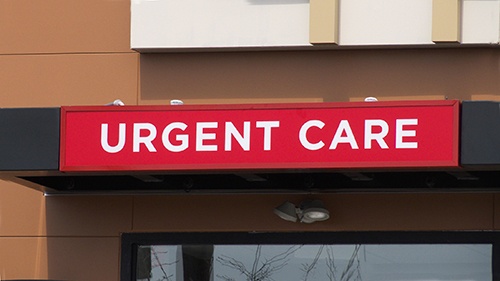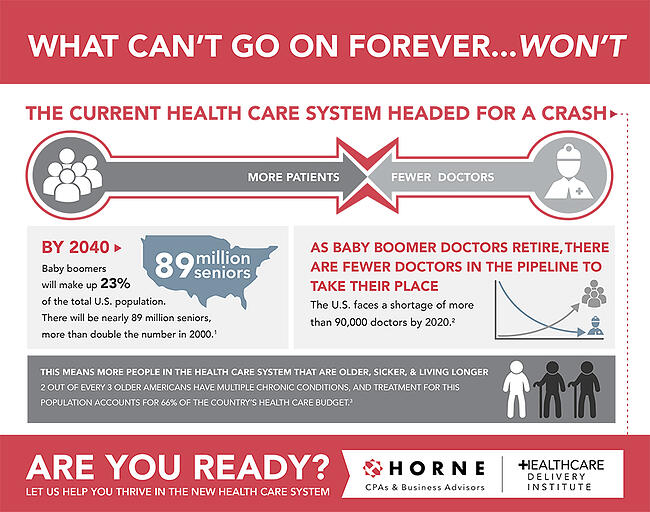5 Factoids Impacting Home Health Agency Values
Home healthcare enables many patients to receive appropriate medical attention from the comfort of home. Patients utilizing these services also enjoy considerable cost savings in comparison to a hospital setting, proven research of better health, and reduced stress for the patient and family. Home health agencies (HHAs) treat patients who may only require a short-term need for care, as well as patients who may need long-term treatment for illnesses such as diabetes, heart disease, and pulmonary disease.
Continue reading >












